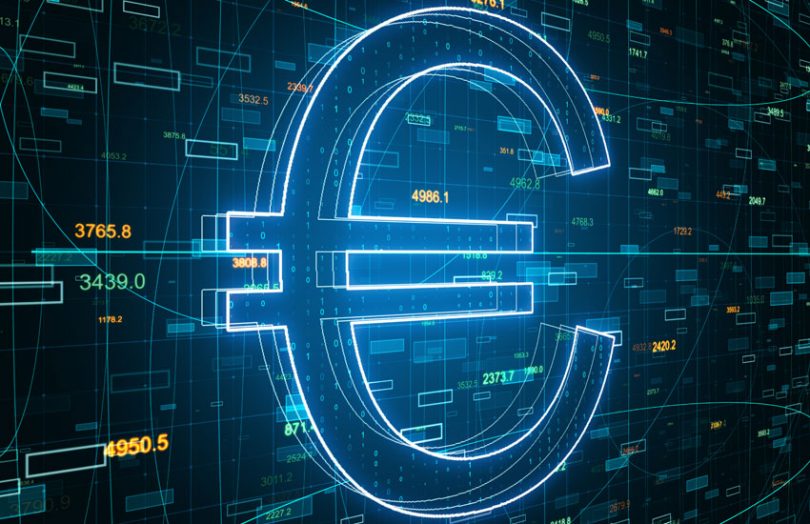As the world continues to develop technologically, so too do traditional institutions in various countries make more efforts to go more digital. This was heightened due to the outbreak of the coronavirus pandemic. As many countries figured out how they could go about their daily lives in a safe and healthy manner, institutions such as banks liked more towards the digitization of operations.
In the Eurozone, the European Central Bank also known by its abbreviations ECB, Controls the euro. The currency is provided in electronic deposits to all financial institutions including banks and the issue of banknotes. These are the two forms that the currency is issued.
Advent Of Digitization in Banking Sector
With the advent of digitization, the banking lives of customers are made easy and transactions are faster. This form of payment is safe and secure, and if the Euro area adopts a digital Euro, the banking experience will be a bit more simple and easy to access. It will be a good idea for the euro area to adopt this system, which will guarantee the maintenance of a trustworthy method of payment, which is simple and accepted universally within all EU member states and around the world.
It is no doubt that a digital euro will make payments for currency traders a little bit easier and faster since a lot of users increasingly prefer the use of e-wallets and digital currencies such as bitcoins for transactions to the traditional methods of payment, a digital euro will offer traders this option. Many forex brokers are very optimistic about a digital euro, because it will serve as an additional method of payment for traders, and is faster and more convenient to use. According to analysis from the etfinance broker review about company features, the digitization of the euro will make all the difference, especially with regards to processing transactions and ease of use. Especially because a lot of forex traders face a lot of challenges when payment methods are limited and not accessible.
Creating a digital euro would mean access to both firms and individuals, and an easier system to the banknotes. Which will work as a complement to each other, not completely replacing banknotes. In this way, individuals have a choice and could choose to use any of both, or which is more convenient at the moment.
Why A Digital Euro, And What Are Its Benefits?
One reason why the Fintech industry is really booming is its ease of use and how fast transactions are completed. Thus, digitizing the euro will mean accessibility, ease of use, security, and faster transaction processing times. The ECB is currently reviewing this as an option, analyzing its benefits and risks, while ensuring that they are serving the European public well.
One of the vital aspects of a digital currency is that iii will help to quickly deal with situations that take longer with the use of cash.
Also, in dire moments such as during a pandemic or a natural disaster, the process of cashing in and cashing out money will be faster. This might also avoid the citizens of the nations to turn to other foreign digital currencies which might negatively affect the local economy.
When To Expect A Digital Euro
At the moment, the ECB is still at the elementary stage of getting a digital euro. Before such a major change is established, the central authorities are making sure that they do tryouts and see what works. At this point, there are a lot of experiments and discussions between partners and stakeholders about the design. And a decision with regards to this is expected to be reached by mid-2021. For a digital currency to be successfully established, the ECB and its partners have to ensure that it is accessible, safe, and effective just as would the physical cash.
Follow Techiemag for more!
